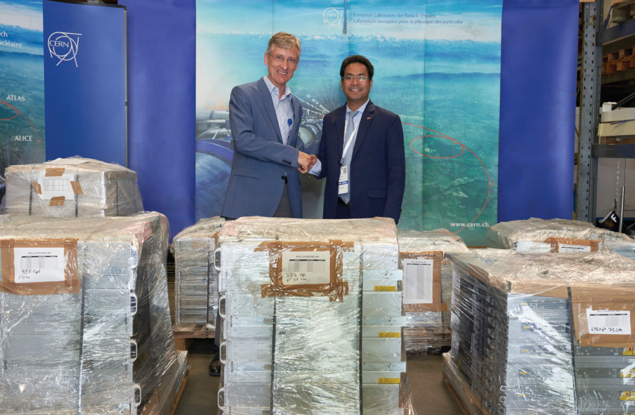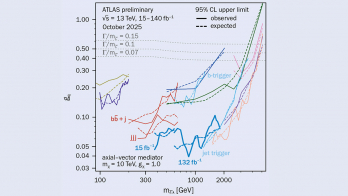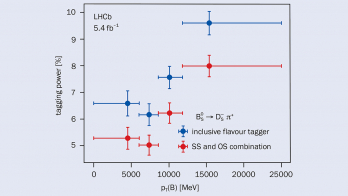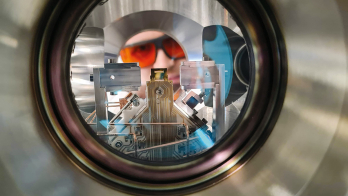
On 28 June, 200 servers from the CERN computing centre were donated to Kathmandu University (KU) in Nepal. The equipment, which is no longer needed by CERN, will contribute towards a new high-performance computing facility for research and educational purposes.
With more than 15,000 students across seven schools, KU is the second largest university in Nepal. But infrastructure and resources for carrying out research are still minimal compared to universities of similar size in Europe and the US. For example, the KU school of medicine is forced to periodically delete medical imaging data because disk storage is at a premium, undermining the value of the data for preventative screening of diseases, or for population health studies. Similarly, R&D projects in the schools of science and engineering fulfill their needs by borrowing computing time abroad, either through online data transfer, marred by bandwidth, or by physically taking data tapes to institutes abroad for analysis.
“We cannot emphasise enough the need for a high-performance computing facility at KU, and, speaking of the larger national context, in Nepal,” says Rajendra Adhikari, an assistant professor of physics at KU. “The server donation from CERN to KU will have a historically significant impact in fundamental research and development at KU and in Nepal.”
A total of 184 CPU servers and 16 disk servers, in addition to 12 network switches, were shipped from CERN to KU. The CPU servers’ capacity represents more than 2500 processor cores and 8 TB of memory, while the disk servers will provide more than 700 TB of storage. The total computing capacity is equivalent to more than 2000 typical desktop computers.
Since 2012, CERN has regularly donated computing equipment that no longer meets its highly specific requirements but is still more than adequate for less exacting environments. To date, a total of 2079 servers and 123 network switches have been donated to countries and international organisations, namely Algeria, Bulgaria, Ecuador, Egypt, Ghana, Mexico, Morocco, Pakistan, the Philippines, Senegal, Serbia, the SESAME laboratory in Jordan, and now Nepal. In the process leading up to the KU donation, the government of Nepal and CERN signed an International Cooperation Agreement to formalise their relationship (CERN Courier October 2017 p28).
“It is our hope that the server handover is one of the first steps of scientific partnership. We are committed to accelerate the local research programme, and to collaborate with CERN and its experiments in the near future,” says Adhikari.







